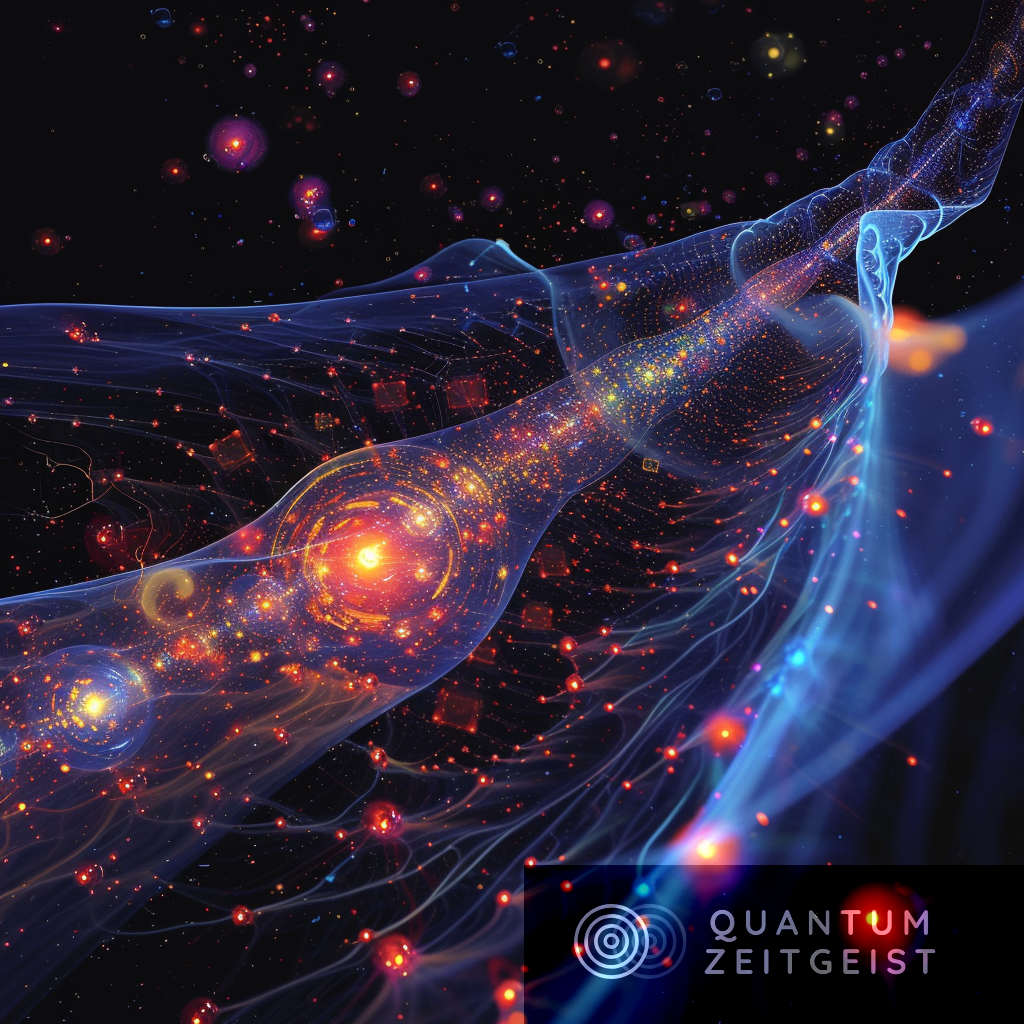A UK consortium led by Imperial physicists has partnered with Fermilab in the US to construct a 100-meter-long quantum experiment, the Matter-wave Atomic Gradiometer Interferometric Sensor (MAGIS-100). The experiment, under construction at the US Department of Energy’s Fermi National Accelerator Laboratory, will help scientists demonstrate the superposition of atoms and advance the search for ultralight dark-matter particles.
The UK institutions involved, including the Universities of Liverpool, Cambridge, and Oxford, are supported by the Science and Technologies Facilities Council. The research could lay the foundation for future gravitational wave detectors and advanced sensor technology.
UK Consortium Collaborates with Fermilab for Quantum Experiment
A consortium of UK universities, spearheaded by Imperial physicists, has agreed with Fermilab, a US-based laboratory, to construct a 100-meter-long quantum experiment. The experiment, known as the Matter-wave Atomic Gradiometer Interferometric Sensor (MAGIS-100), is currently being built at the US Department of Energy’s Fermi National Accelerator Laboratory (Fermilab). The experiment aims to demonstrate the superposition of atoms and further the search for ultralight dark-matter particles.
The Science and Technologies Facilities Council (STFC) is supporting UK institutions in providing essential expertise and support to the MAGIS-100 experiment. This experiment aims to delve deeper into the mysteries of quantum physics and dark matter. The Atom Interferometer Observatory and Network (AION), led by Imperial, is part of this consortium and includes the Universities of Liverpool, Cambridge, and Oxford. The UK institutions are expected to contribute to the design, construction, and delivery of the detection system for the interferometer and participate in the commissioning and data analysis of the experiment.
The MAGIS-100 Experiment and its Potential Impact
The MAGIS-100 experiment is an atom interferometry experiment that will be installed in a vertical access shaft at Fermilab. The experiment involves cooling strontium atoms to near absolute zero temperature and dropping them down a 100-meter-long vacuum tube. The atoms will then pass through laser light, causing them to move at two different velocities simultaneously. The team will measure and compare signals from the atoms to investigate atomic superpositions and potential deviations caused by elusive dark-matter particles interacting with the atoms. The research could also pave the way for future gravitational wave detectors and research by pioneering advanced sensor technology.
The Role of AION Collaborators in the MAGIS-100 Experiment
AION collaborators are working with US universities to develop several optics components for the MAGIS-100 experiment. They are providing cameras that will record interference patterns of fluorescent light emitted by strontium atoms hit by laser light, as well as critical optical components and data systems. They will also participate in the commissioning and data analysis of the experiment. The AION collaborators, with their expertise and experience in planning, constructing, and running large-scale experiments, are working to scale up cold-atom interferometry, which started as small, university-based experiments.
MAGIS-100, in concert with a planned interferometer in the UK, will allow us to explore parts of physics that no technology can currently see.
Professor Oliver Buchmueller
The Potential of Quantum Technologies in Uncovering Universe’s Secrets
Mark Thomson, Executive Chair of STFC, expressed excitement about the initiative, stating that it presents an exciting opportunity for both the UK and the US to collaborate in new technologies for fundamental science. He emphasized the huge potential of applying quantum technologies to their scientific mission to uncover the secrets of the universe.

